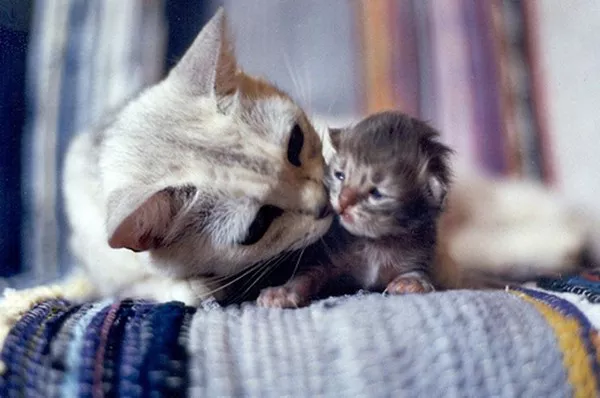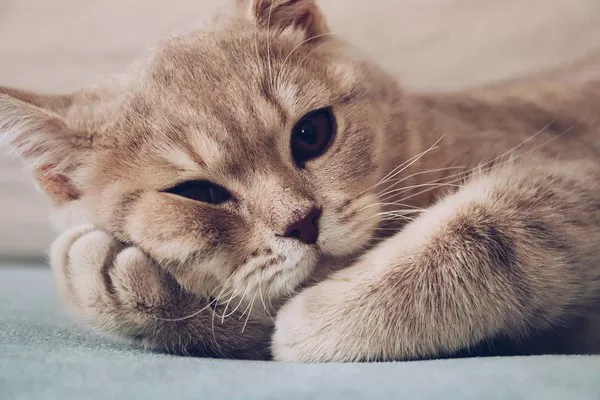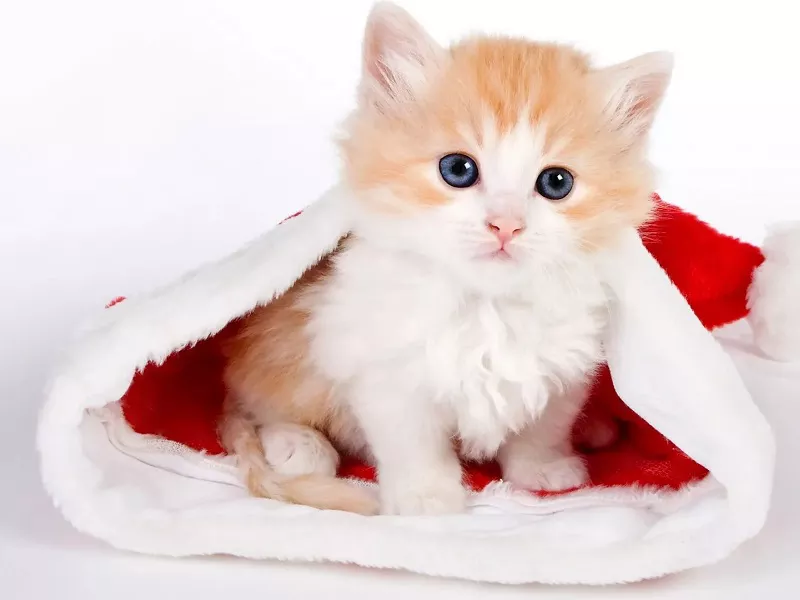Kittens are adorable creatures that require constant attention and care. One of the essential aspects of taking care of a young kitten is monitoring their bowel movements. In the first few weeks of life, kittens are still developing and require special care to ensure they grow up healthy and strong. One of the most important things to keep an eye on is their poop. This article will explore what to expect from a 2-week-old kitten’s poop and how to ensure that your kitten is healthy and thriving.
What Does a 2-Week-Old Kitten’s Poop Look Like?
At two weeks old, kittens’ digestive systems are still developing, and their poop will be different from that of adult cats. Their poop will be softer and lighter in color, usually yellow or light brown. Their stool may also be slightly runny, which is normal at this stage in their development. Additionally, their stool may have a slightly sour smell due to the bacteria in their gut.
Kittens who are nursing will also have a special type of poop called meconium. Meconium is a dark, sticky substance that is passed shortly after birth. It is made up of amniotic fluid, mucus, and other substances ingested while in the womb. Meconium is usually passed within the first 24-48 hours of life, and after that, kittens will start producing regular poop.
The appearance of a 2-week-old kitten’s poop is an important indicator of their health. If the poop is too hard or too soft, it may indicate a problem. Hard, dry poop can indicate constipation, which can be dangerous for a young kitten. If you notice this, contact your vet, who may recommend a special diet or medication.
Soft or runny poop can indicate diarrhea, which can quickly lead to dehydration and malnutrition in a young kitten. If you notice this, contact your vet immediately, as diarrhea can be a symptom of a serious illness.
What If the Kitten’s Poop Looks Different?
If your 2-week-old kitten’s poop looks different from what is described above, it is essential to take note of any changes. For example, if their poop is very runny or watery, it could indicate diarrhea, which can be dangerous for young kittens. Diarrhea can lead to dehydration, which can be fatal in severe cases.
If your kitten’s poop is different from what is described above, it is essential to take them to a veterinarian. The vet will be able to examine your kitten and determine if there is an underlying issue that needs to be addressed. They may perform a fecal test to check for parasites or other infections.
How to Ensure Your Kitten Is Healthy
To ensure that your 2-week-old kitten is healthy, there are a few things you can do:
- Monitor their poop:
Keep an eye on their poop to ensure that it is the right color and consistency. If you notice any changes, contact your vet.
- Provide proper nutrition:
At this age, kittens should be nursing from their mother or receiving milk replacer formula if they are orphaned or not receiving enough milk. Ensure that the formula is specifically designed for kittens and that you follow the instructions carefully.
- Keep them warm:
Kittens at this age cannot regulate their own body temperature, so it is essential to keep them warm. A heating pad set on low or a hot water bottle wrapped in a towel can provide warmth. However, ensure that the kitten has space to move away from the heat source if it becomes too warm.
- Handle them gently:
Kittens are delicate creatures, and rough handling can cause injury or stress. When handling your 2-week-old kitten, make sure to support their head and bottom and avoid picking them up by the scruff of their neck.
Watch for signs of illness: If your kitten is not eating, seems lethargic, has diarrhea or vomiting, or is experiencing difficulty breathing, contact your vet immediately.
- Regular veterinary check-ups:
It is important to take your kitten to the vet for regular check-ups to ensure that they are growing and developing properly. Your vet can also advise on any necessary vaccinations and deworming.
In conclusion, caring for a 2 week old kitten requires patience and attention, but it can also be a rewarding experience. By monitoring their poop, providing proper nutrition, keeping them warm, handling them gently, watching for signs of illness, and taking them to regular veterinary check-ups, you can help ensure that your kitten grows up to be healthy and happy.
Remember, if you have any concerns about your kitten’s health, contact your vet immediately. They can provide advice on how to care for your kitten and may recommend treatment if necessary. With proper care and attention, your kitten will grow up to be a happy and healthy adult cat.
Recommended reading:

























